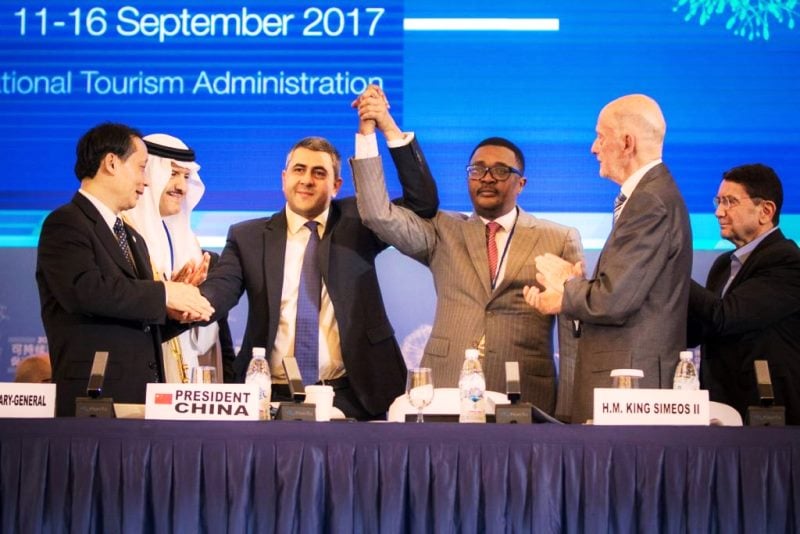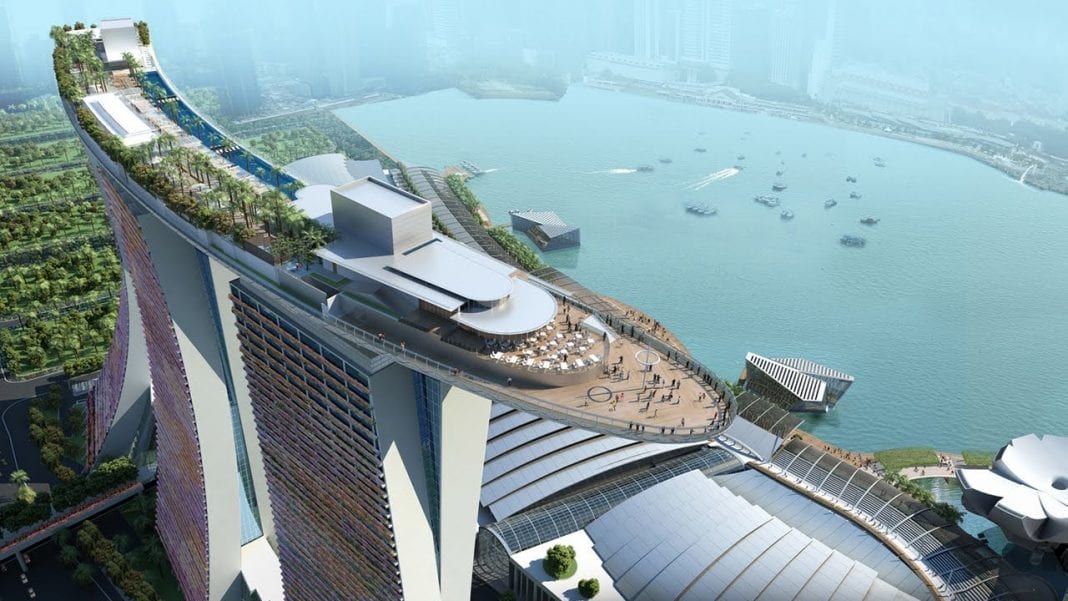It has been four years since Indonesia experienced any terrorist attacks against tourism facilities. But last Friday, two bombs at the JW Marriott –already targeted in 2003- and the Ritz Carlton in Kuningan district renewed fears that Indonesia would face more turbulent times due to terrorist threats.
Both bombs claimed eight lives and wounded more than 50 people, including locals. Political parties and Muslim associations have immediately and unanimously condemned the attempt with the Association of Islamic Students (HMI) even describing the bombing as “heavy human rights violations”.
Indonesian President Susilo Bambang Yudhoyono has been prompt to condemn the attacks. According to Indonesia News Agency Antara, the Indonesian president swore that “for the sake of the people, the government of Indonesia will take stern and right measures on the perpetrators and masterminds of the bombing incidents,” adding that “today [Friday] is the dark point in our history”. The president instructed National Police and National Defense Forces (TNI) as well as governors to be on alert against possible recurrence of terrorism acts and to tighten security.
Jakarta Governor Fauzi Bowo wants also to increase security. The governor is due to meet hoteliers from Indonesia Hotels Association to reinforce measures with a ban on any large luggage taken into restaurants and cafes. In Bali, the hotel association and the police chief have already tightened security measures. Controls have also been reinforced in airports, seaports and major public infrastructures such as shopping malls.
Blasts at both hotels put in question the effectiveness of security at hotels in Indonesia and, generally, around the world. All large hotels in Jakarta and most frequented tourist places such as Bali or Yogyakarta have introduced security measures following Bali’s first attempt in 2000 with x-ray machines, metal detectors at hotel entrances as well as luggage search.
However, as terrorists checked as hotel guests for at least two weeks before their act and then assembled bombs inside their hotel rooms, hotel managements and security officers will be confronted with new challenges to beef up efficiently security. Many hoteliers still feel reluctant to tighten to heavily security, fearing to turn their properties into bunkers for their guests.
Indonesia must act swiftly and strongly to reassure travelers to the country. The country seems until now to have been the only one in Southeast Asia to have escaped largely the current global economic and tourism slump. Tourist arrivals last year grew by an astonishing 16.8 percent over passing for the first time the six million cap at 6.42 million international arrivals. For the first half of 2009, preliminary figures point to 2.41 million international travelers, up by 1.7 percent over 2009.
Tourism continues to be driven by Bali performances. The island saw total numbers of international visitors up by 9.35 percent from January to May.
Indonesia’s excellent performance in 2008 and 2009 was also partially generated by a slump in Thailand’s tourism market, due to the kingdom’s negative perceptions following political turbulence and the closure of airports. Indonesia will have then to show a similar ability to Thailand to reassure travelers.
Over the last decade, Indonesia political world rarely demonstrated its support to the tourism industry in challenging times. It is the hope of the tourism industry that this time the country will take more seriously the threat represented by blind terrorism and put all its resources to convey the message that Indonesia remains a safe destination to travelers.






















